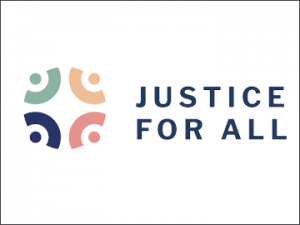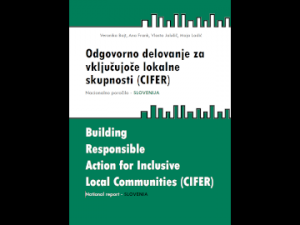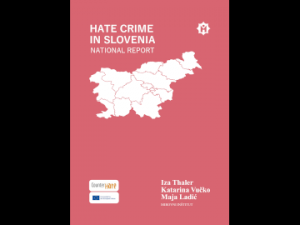‘Defendants and detainees with intellectual and/or psychosocial disabilities should be subject to a presumption of vulnerability’ – National Report JUSTICE FOR ALL
30. 10. 2023 | Human Rights and Minorities
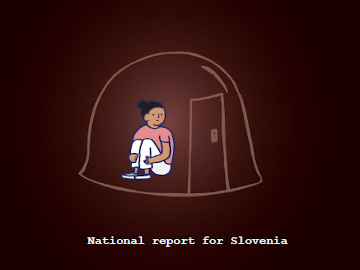
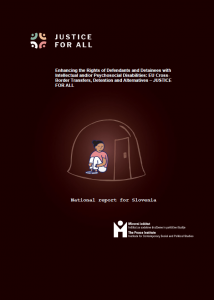 We prepared the Slovenian national report of the JUSTICE FOR ALL project.
We prepared the Slovenian national report of the JUSTICE FOR ALL project.
The project addresses the challenges faced by defendants, detainees and prisoners with intellectual and/or psychosocial disabilities in cross-border cases: European Arrest Warrant proceedings, transfers of convicted persons between EU countries, procedures with supervision measures and the enforcement of probation and alternative sanctions. We also address domestic systemic issues that may have an impact on cross-border cooperation in practice.
The national report is the result of research involving consultation and interviews with stakeholders – judges, prosecutors, lawyers, psychiatrists and representatives of national supervision mechanisms and NGOs. It showed a number of challenges for the rights of persons with intellectual and/or psychosocial disabilities in criminal proceedings and during deprivation of liberty. For persons with intellectual and/or psychosocial disabilities, the legislation does not provide for accommodations and support measures during the proceedings. At the end of the security measure of compulsory treatment in a health care institution, no provision is made for adequate follow-up treatment with an emphasis on community treatment, and it even happens that persons remain in a forensic psychiatric unit beyond the maximum legal period of five years.
Little is known about the situation of persons with psychosocial and/or intellectual disabilities in cross-border procedures. Although the number of cases of persons with psychosocial and/or intellectual disabilities in cross-border proceedings appears to be low, as indicated by the absence of case law and also by the cases reported by our interviewees, there are reasons for concern that this may also be due to insufficient identification and assessment mechanisms.

